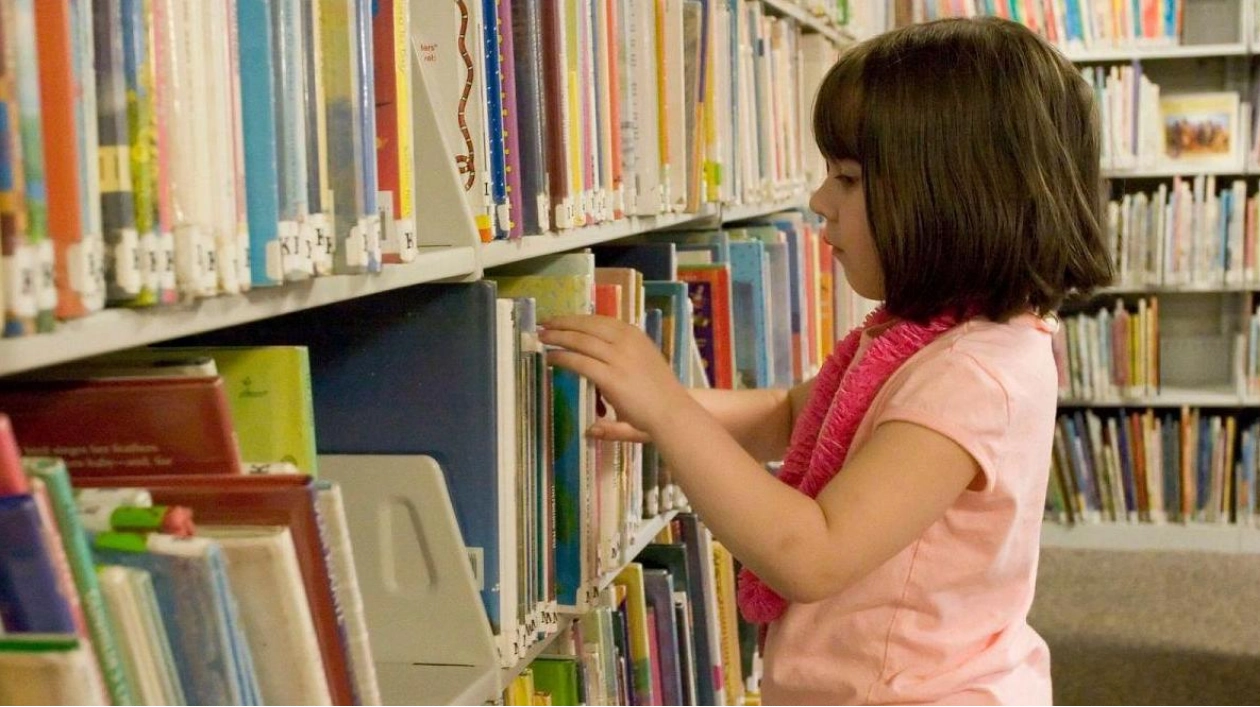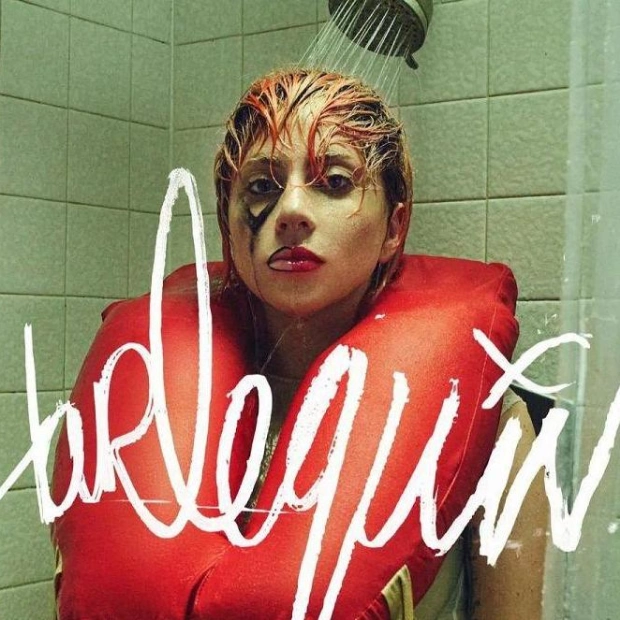The influential UK think tank, the Fabian Society, is advocating for children to dedicate at least 10% of their school week to arts activities. The society emphasizes that arts, culture, and heritage should be central to the Labour government’s national renewal project. The new report from Britain’s oldest political think tank, titled “Arts For Us All,” urges Keir Starmer’s government to reverse the decline in arts education within the UK’s state system and to dismantle the “class ceiling” by democratizing access to the arts in schools. This includes the implementation of a “universal library card,” providing children with a “culture pass” to access arts and heritage institutions, and ensuring that every child can learn an artistic practice such as painting or playing an instrument.
A section of the report, “Arts and Culture in Schools,” introduces a guarantee called “11 by 11.” This involves 11 arts and cultural experiences that every child should enjoy by the age of 11, aiming to eliminate the “class ceiling” that prevents many children from disadvantaged backgrounds from participating in the arts. Alison Cole, the director of the think tank’s Arts and Creative Industries Policy Unit, believes Labour has the opportunity to rebuild the cultural sector. “By integrating creativity into the school curriculum, making the arts part of everyone’s daily experiences, invigorating our world-leading creative industries, and investing in creativity and technology together, we can harness the arts as powerful engines of change, inspiration, and future growth,” Cole stated.
The Fabian Society highlights that the creative industries contribute £126bn (€149bn) to the UK economy and calls for a comprehensive review of arts funding. This includes examining funding bodies such as Arts Council England, the National Lottery, and the National Endowment for Science, Technology and the Arts (NESTA), and exploring how they can “unlock new coalitions and approaches.” The society proposes a redeployment of funding with a temporary 5% adjustment to the allocation for Arts and Heritage. Currently, 20% of National Lottery funding is allocated to the arts and 20% to heritage. Under the new proposals, both would receive a 2.5% increase to address the significant issues concerning the sustainability of cultural and heritage sites.
On the topic of class, culture secretary Lisa Nandy recently stated at the Royal Television Society in London that the entertainment industry is “one of the most centralized and exclusive industries” in the UK. “8% – the proportion of working-class people in TV; 23% – the proportion of commissions made by companies based outside of London; 30% – the decline in trust in media over the last decade,” Nandy noted. “None of this is inevitable.” A government spokesperson said: “We are committed to ensuring that arts and culture are no longer the domain of a privileged few. We are carefully considering how we fund arts and heritage organizations in this country and unlock more creative opportunities. We have launched a review of the school curriculum to ensure all children and young people benefit from creative subjects such as music, art, and drama.” The chancellor of the exchequer, Rachel Reeves, will present the autumn budget on October 30.






